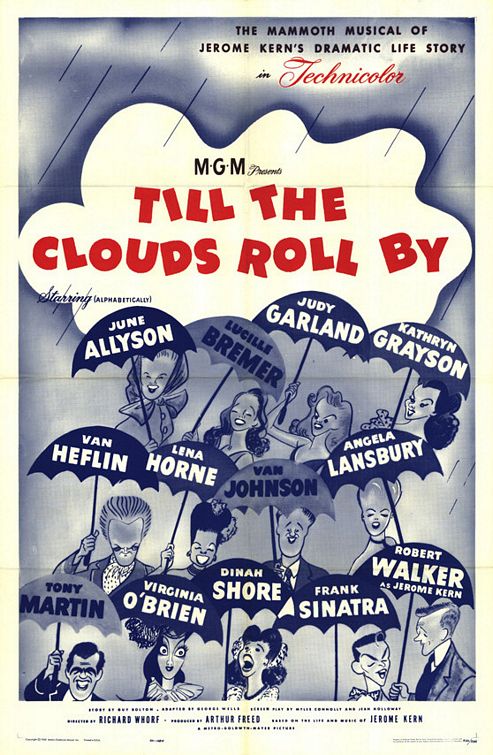
There’s a feeling I get when I’m reading a book and not really enjoying it, but it seems like I ought to be. Like one of those modern masterpieces they assign you in college, where you have it on authority that it’s good, but you don’t get it.
I’m not sure whether The Geordie Murder, by Roy Lewis is like that or not. Or what that says about it, or me.
Eric Ward is a former Newcastle (England) policeman. He had to leave the force when he developed glaucoma. He’s seeing again now after surgery, but he’s become a lawyer. He’s also married to a very wealthy younger woman, but refuses her offers to work for her company. He prefers to maintain a struggling private practice serving the “little people” who get overrun by the system.
A local official asks for his help trying to make a case against a loan shark. Eric tries, but even the victims won’t help. They distrust the law more than they dislike the moneylender – and they’re afraid of him.
Meanwhile, a young girl is kidnapped. Her non-custodial mother is the daughter of a tycoon, but her father is an unemployed fellow who happens to be one of the victims of the loan shark (some complicated back story is necessary to justify this plot element). He promises Eric he’ll give evidence, if only Eric can find his daughter again.
My problem with The Geordie Murder (which is an older novel, from back in the 80s) is that is was slow. It seemed to me the author was sauntering through passages that a more skilled mystery writer would reduce to a sentence – or skip entirely. Perhaps I’ve been spoiled by recent trends in fiction.
And the climactic showdown – well, it was so low key that I figured it was just a preliminary scene. But nope. Story over.
Author Lewis has a good feeling for characters, and knows how to avoid black and white portrayals. He also has a sympathetic heart for the urban poor. But he used too many words describing these things, in my opinion.
Your mileage may vary. Only minor cautions for subject matter.








